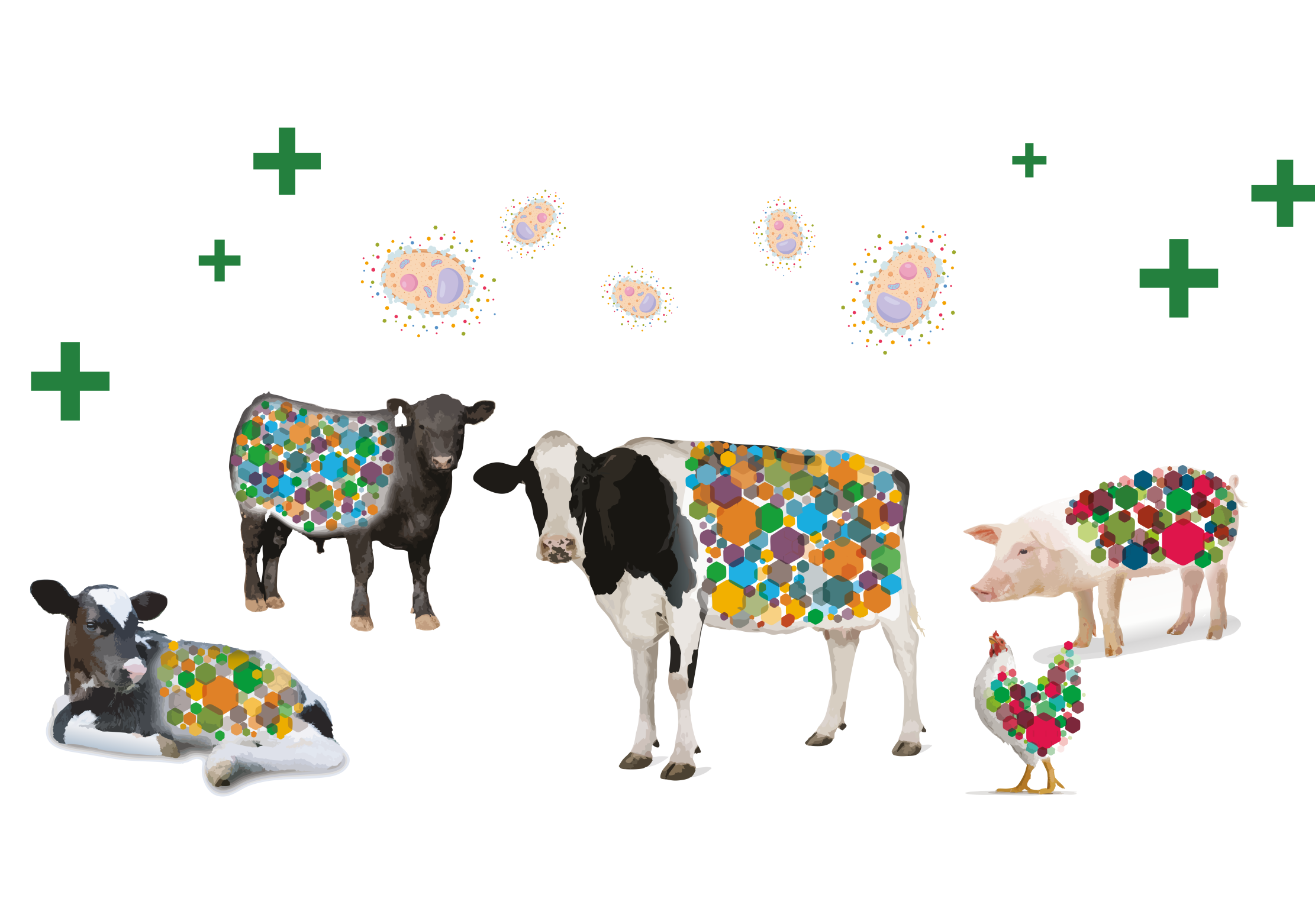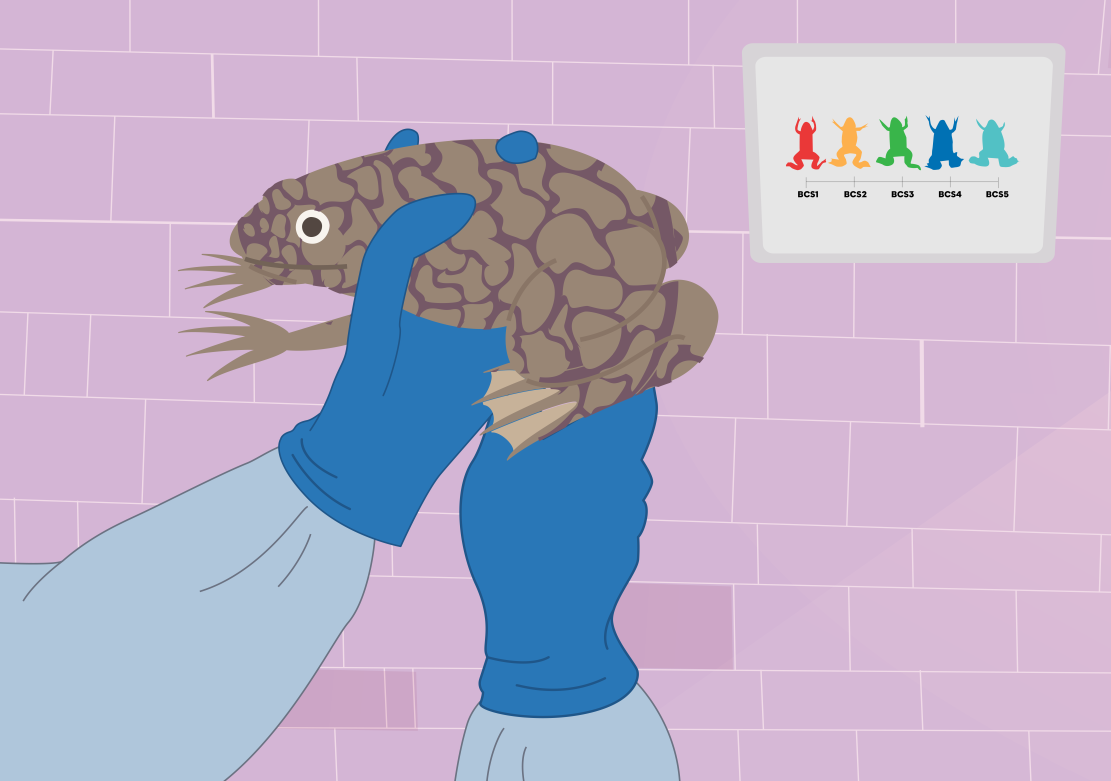Chronic wounds are a major medical challenge. They are very slow to heal and prone to infection, causing significant discomfort and complications for patients. Dr Kristina Landscheidt and Professor Ole Goertz at Martin‐Luther Hospital, Berlin, have been investigating an innovative treatment that could offer improved patient outcomes: extracorporeal shock wave therapy. Their team’s recent study provides evidence that this treatment can significantly speed up the healing process for acute and chronic wounds. Read More
The study involved 35 patients who required skin grafts to cover their chronic wounds. To create a graft, skin was removed from elsewhere on each patient’s body – the donor site – leaving an acute wound behind. This allowed the researchers to measure the effects of shock wave therapy on both chronic and acute wounds.
For 25 people in the study, each of their chronic and acute wounds was split into two halves – A and B. One half was treated with shock waves, and the other received a placebo treatment. The remaining 10 patients in the study received a sham treatment with a shock wave absorbing transducer. All patients in the study also received standard wound care.
Patients who underwent shock wave therapy experienced faster ‘re-epithelialisation’, meaning their wounds closed more quickly than those in the placebo or sham groups. This effect was seen at both the donor site (where the skin graft was taken) and the recipient site (where the graft was applied). In medical terms, the difference was statistically significant, demonstrating that shock wave therapy is not just a promising idea but an effective therapy.
Beyond promoting faster healing, shock wave therapy also appeared to reduce the risk of wound infections. Patients who received the shock wave treatment had lower rates of infection compared to those in the other groups, suggesting that this therapy may also have antimicrobial benefits. This is a crucial advantage, as infections can severely complicate recovery and lead to extended hospital stays or additional medical interventions.
The therapy itself is non-invasive and well-tolerated by patients. Unlike some traditional wound care treatments that may require surgical intervention or extensive dressing changes, extracorporeal shock wave therapy is administered through targeted acoustic waves that stimulate biological processes in the tissue. The exact mechanisms behind these benefits are still being explored, but researchers believe that it promotes new blood vessel formation, enhances blood flow, and modulates the inflammation process – all of which contribute to wound healing.
The research of Landscheidt, Goertz and their colleagues adds to a growing body of evidence supporting extracorporeal shock wave therapy as a valuable addition to wound care. Patients struggling with slow-healing wounds now have a new treatment option to accelerate recovery and improve their outcomes.







